Thinking about Carnival in Italy
Carnival is usually celebrated in countries of catholic tradition during the period right before Lent.
Its etymology comes probably from the latin “carnem levare,” which means “removing the meat,” indicating the observance of the catholic rule of abstaining oneself from eating meat during the 6 weeks before Easter. Traditionally, over 40 consecutive days, people were not allowed to consume rich foods – meat, dairy or sweets- nor alcoholic beverages.
Their consumption before Lent became over the years an annual celebration know, indeed, as the Carnival feast, in which every sort of queerness is permitted like, for instance, wear eccentric costumes, make funny jokes, eat, drink and just have a good time
In Italy we have always had a huge carnival tradition. We might not have the razzle-dazzle of Rio De Janeiro but trust me, we are as good as Brazilians when it comes to celebrate this festivity.
Every region of the Peninsula has its own way to celebrate this event and its own typical foods that go with the cheerful and happy spirit of such feast.
However, when you talk about Carnival in Italy,you immediately think about the Venice Carnival, in the Veneto region, whose origins go back a little after the year 1000 a.C.
Known for being one of the most antiques in the world, the Carnival of Venice goes down in history for its amazing masks and costumes, used traditionally by the nobility of the “Serenissima (as it was called the Republic of Venice)” who wanted to offer to the Venetians moments of entertainment and excessive party leveling off, through elegant masks, any kind of class inequality.
Original Venetian masks are made by hand by artisans whose techniques were transmitted from generation to generation and they are made using refined materials such as leather, porcelain and blown glass (a typical technique of this city.)
During a period of 10 days, through the “calli” of this beautiful city, you are continuously projected into a sort of theatrical representation of happiness and playfulness. Everyone is dressed up to celebrate the charm of a world made of balls, jokes of every kind, romantic and mysterious encounters and exclusive parties. Very typical of the Venetian Carnival is the “flight of the angel” in the famous San Marco Square, an event that every year attracts thousands of people from all over the globe.
Another Carnival feast is worth mentioning is the Viareggio Carnival, in Tuscany, one of the most appreciated Italian celebrations and more than 100 years old. This feast is renowned all over the world for its spectacular float parades, handmade by local artisans who dedicate months and months trying to build the most extraordinary one among the many colored and extravagant floats you can see “marching” in the streets during this period.
A historical turning point for the Carnival of Viareggio occurred in 1921 with the introduction of papier-mache which, much lighter and cheaper, replaced other heavy materials in the construction of the floats. This innovative material has permitted the building of colossal structures, with more daring designs and movements.
Beyond Venice and Viareggio there many other Carnevale celebrations in Italy, in Ivrea (Piedmont) with an huge orange-throwing battle, in Acireale (Sicily) with flower floats, in Putignano (Apulia) with the Italy’s oldest celebration.
But there are many other Italian cities where carnival celebrations take place. You can write a book.
Besides the carnival traditions we can find traveling through the Peninsula there is more genuine, popular and childish to celebrate Carnival.
And be careful because “a carnevale ogni scherzo vale” "at Carnival, anything goes".
It consists in simpler games and jokes that people use to do outdoors like, for example, suds battles or throw confetti and streamers in the streets. All these are the perfect occasion for children and adults to have fun and enjoy the joyful atmosphere of this kind of popular tradition.
But do not forget to eat since it’s the last chance, before Lent, to have every kind of delicacies: “frittelle,” “frappe” or “crostoli” or “chiacchere” and "castagnole" (as they have different names depending on the region).
And don’t worry if you are not able to start a diet after eating all these gluttonies, if you follow the tradition, you will have to, no matter what!






























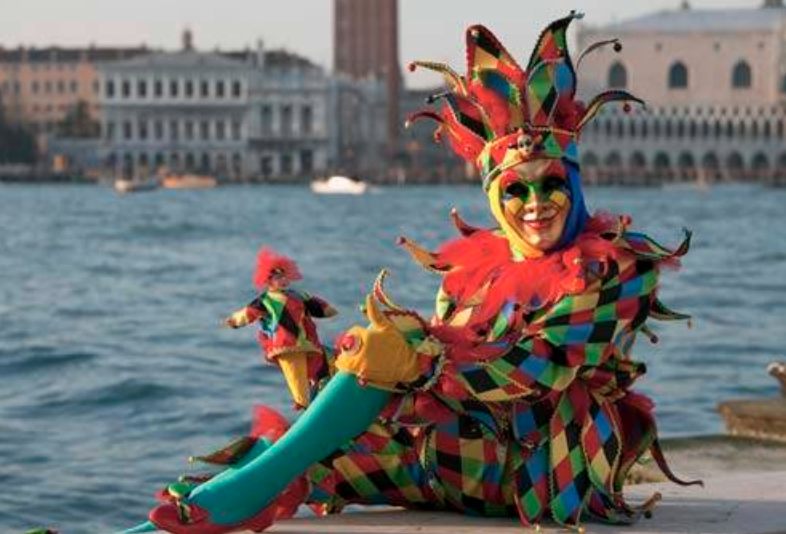

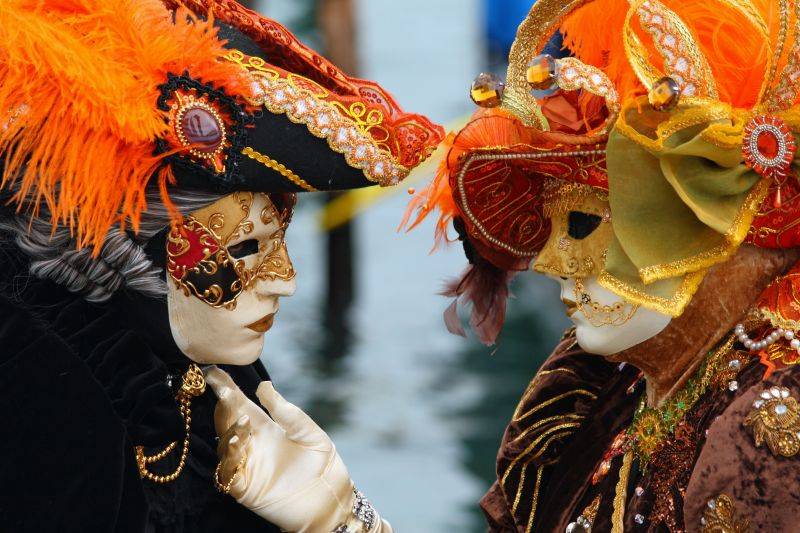
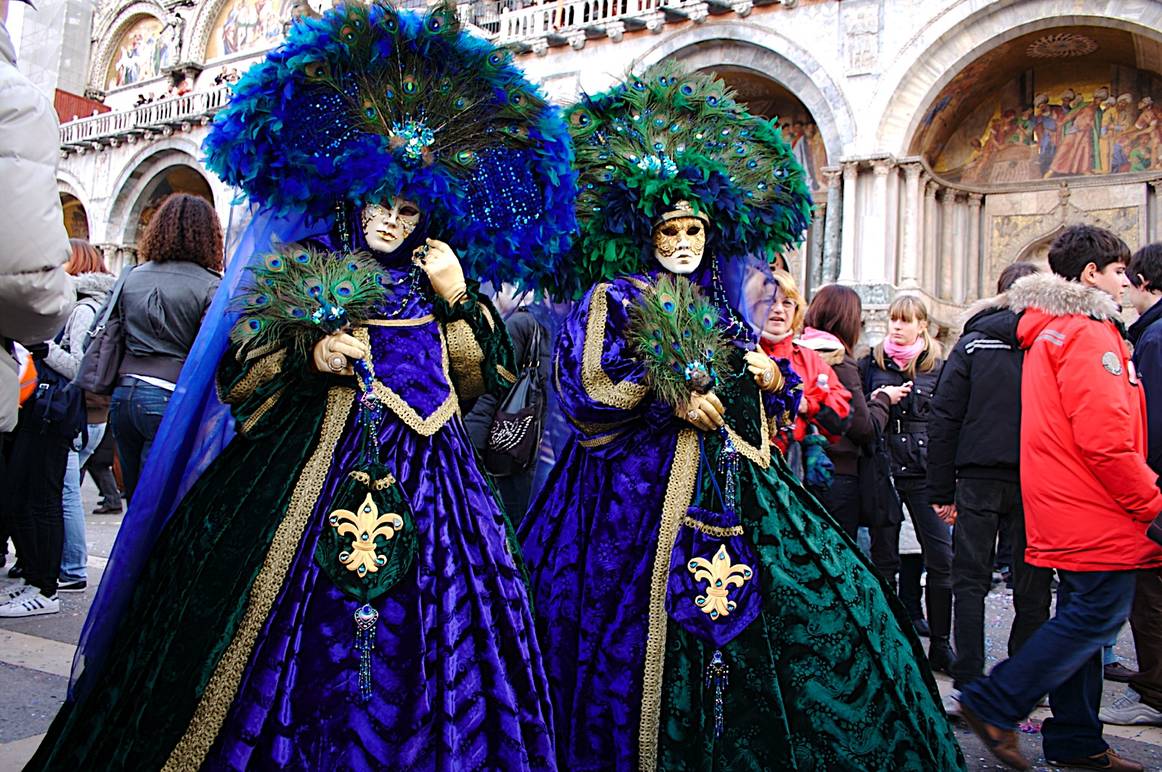

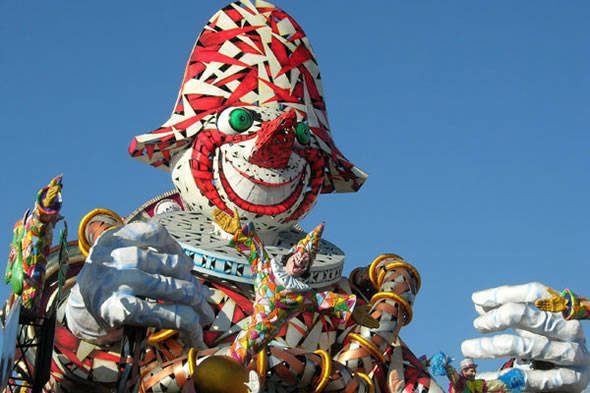

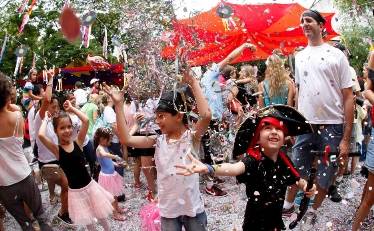
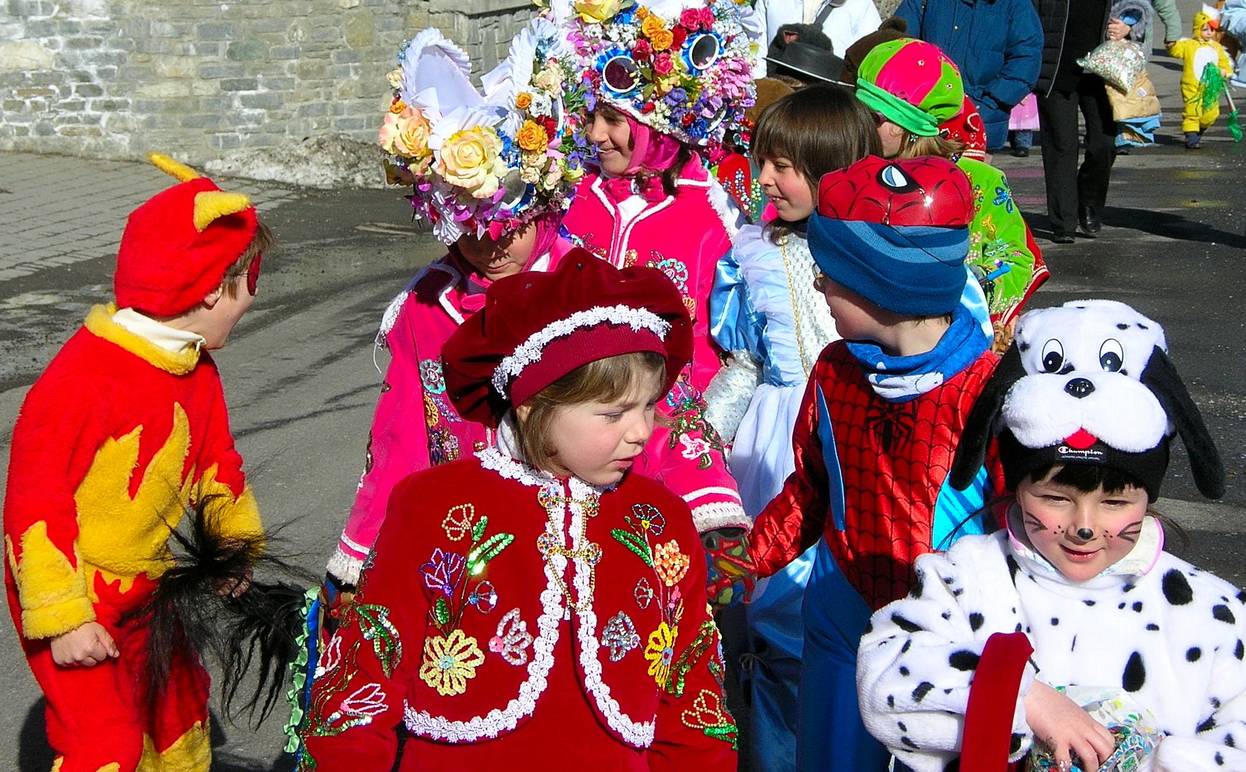
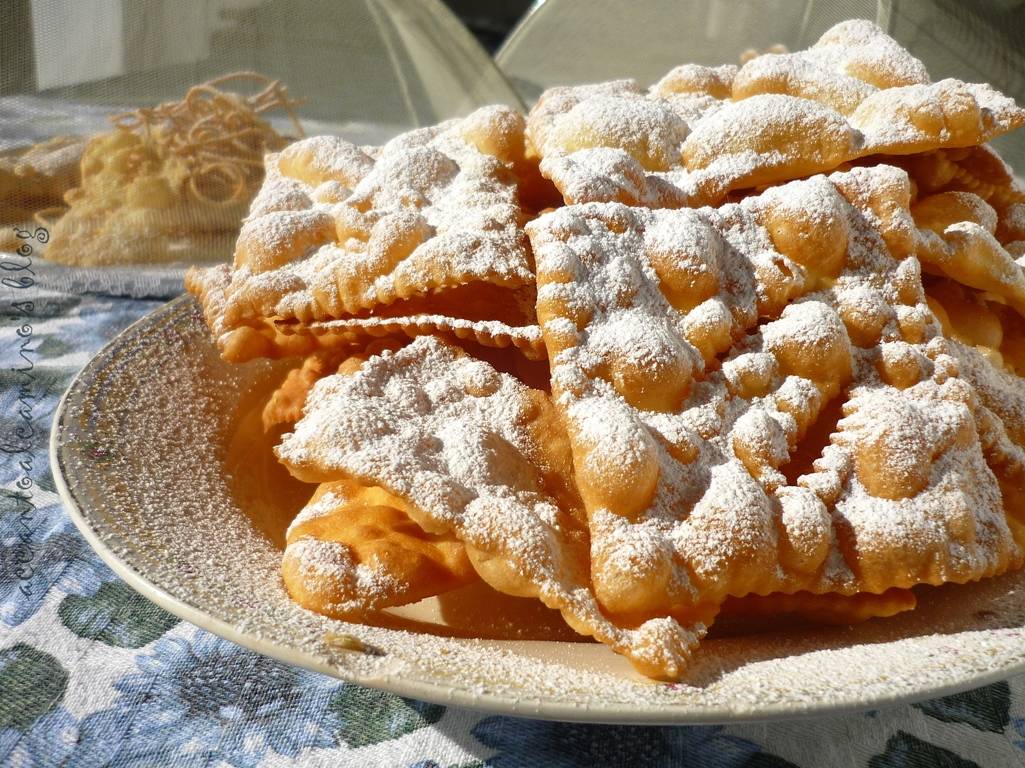
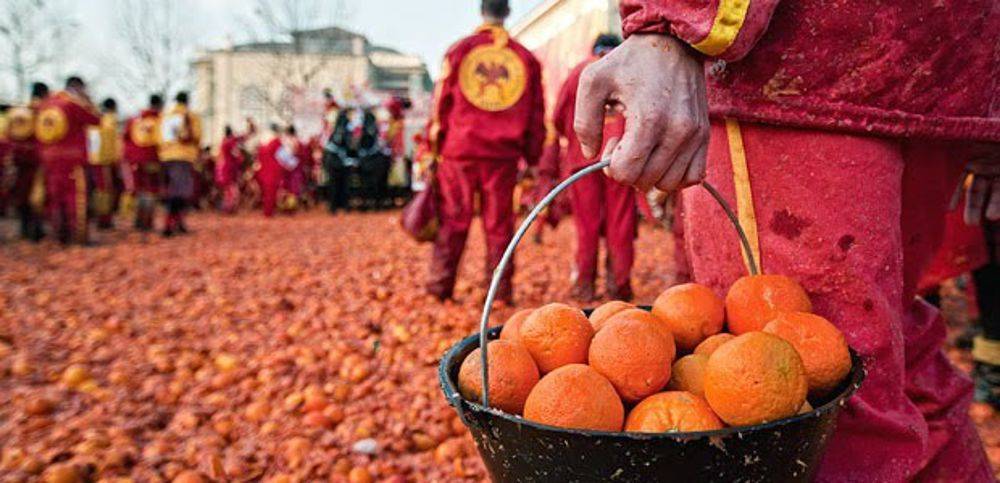
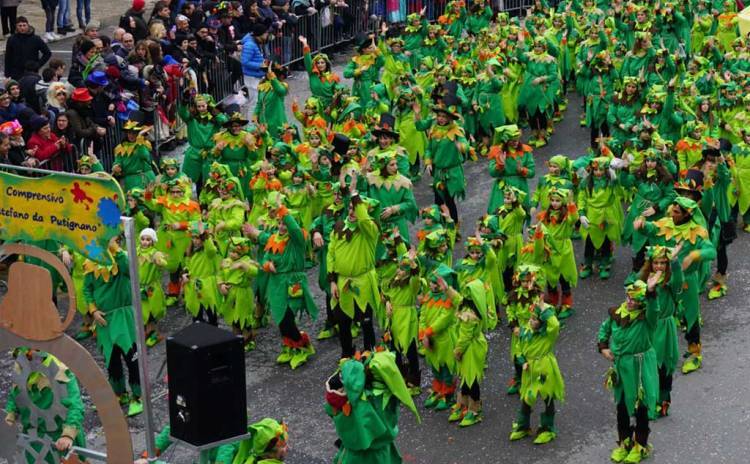





i-Italy
Facebook
Google+
This work may not be reproduced, in whole or in part, without prior written permission.
Questo lavoro non può essere riprodotto, in tutto o in parte, senza permesso scritto.